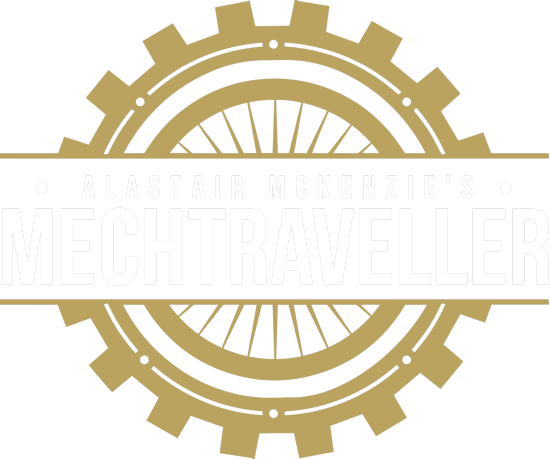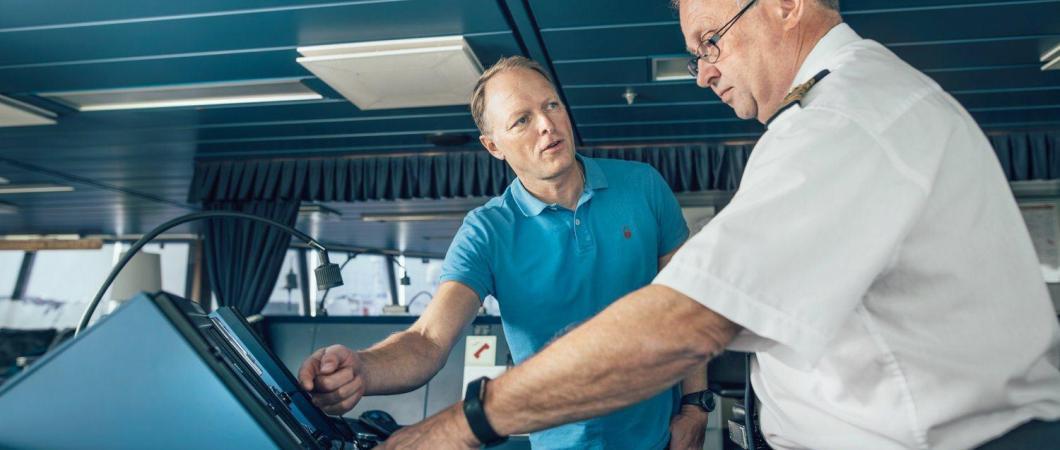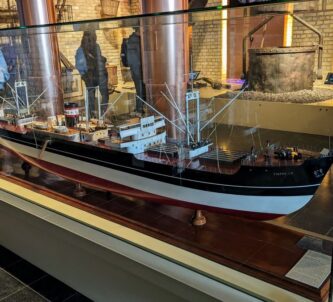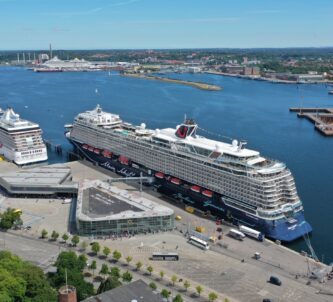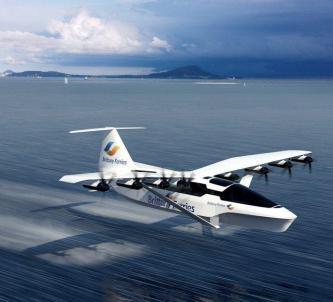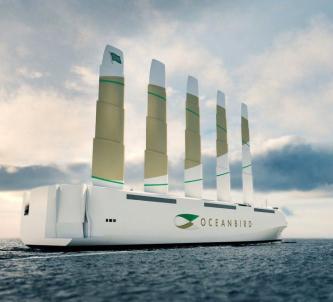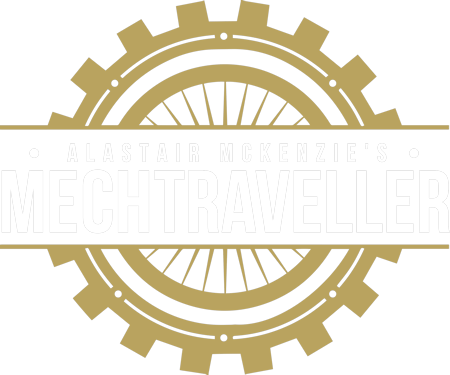Stena Line is running a pilot study using Artificial Intelligence (AI) technology on board its ferries in a bid to reduce fuel consumption.
Working with Hitachi, an AI-model is being developed that will help predict the most fuel-efficient way to operate a certain vessel on a specific route. The model will be a support for the captain and officers on board, and if successful it will make an important contribution to Stena Line’s sustainability target to reduce fuel consumption by 2.5 % annually.
“The model simulates many different scenarios before suggesting the most optimal route and performance setup. With the help of AI we are able to consider a number of variables, such as currents, weather conditions, shallow water and speed through water, in various combinations which would be impossible to do manually,” says Lars Carlsson, Head of AI at Stena Line.
The Stena Line AI model is still under development with the first pilot study taking place on Stena Scandinavica operating between Gothenburg – Kiel, under the supervision of Senior Master Jan Sjöström who has been working on fuel optimisation at Stena Line for the last 40 years.
“Since we are helping the AI to evolve, this is a very exciting and rewarding process. We’ve been making adjustments to the model after each trip for about four weeks and it is amazing to see how quickly it is learning,” says Jan Sjöström, Senior Master at Stena Scandinavica.
The goal is to create a model that is so precise that it would be the ultimate decision support system for the captain when planning each trip. For example, if AI could assist with accurate predictions of currents, which is one of the most complicated variables today, it would help even the most experienced captain or officer.
Stena Line is not an AI newbie. The company is already using AI in administration, finance, customer experience & customer care, and Jan Sjöström thinks the AI model will also help to share competence and knowledge to the next generation of captains and officers.
“Planning a trip and handling a vessel in a safe and, at the same time, fuel efficient way is craftsmanship. Practice makes perfect, but when assisted by AI a new captain or officer could learn how to fuel optimise quicker. In return, this contributes to a more sustainable journey,” he says.
Stena Line has 38 vessels operating 21 routes in Northern Europe and the plan is that the whole fleet should be assisted by AI by 2021. This pilot study on Stena Scandinavica is the first of several studies involving AI-assisted ferry trips within the fleet this year. At the end of the year there will be an evaluation of the project, before deciding how to continue with AI-assistance on the company’s 38 ships.
[amazon_link asins=’B01NCE2GH0,1119467659,1292153962,1906608504,1138981842,B00JS5KTDG’ template=’ProductCarousel’ store=’mechtraveller-21′ marketplace=’UK’ link_id=’8e4ad452-b777-11e8-8b19-a9802c93c56a’]
